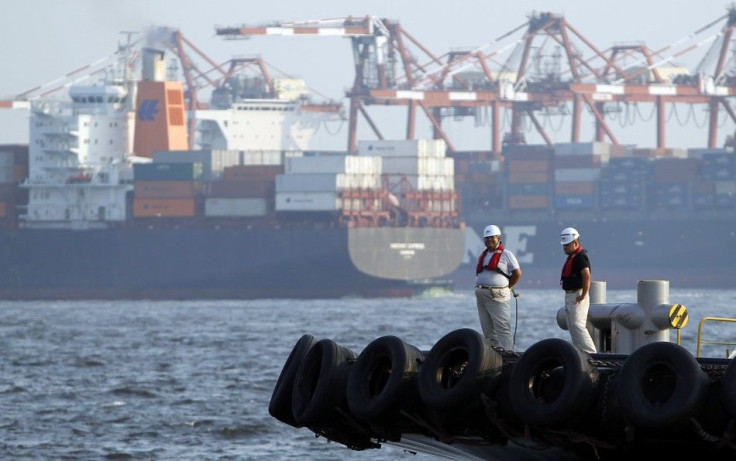Japan’s Q3 Economic Rebound May Be Short-Lived

The Japanese economy grew by 1.5 percent in the third quarter, after three consecutive quarters of GDP contraction, according to figures from Cabinet Office.
On an annualized basis, that expansion equates to 6.0 percent growth (following an annualized 2.3 percent decline in the second quarter).
Part of that growth surprisingly came from improving exports, despite the continued high value of the yen currency.
RTT News reported that net exports contributed 0.4 percentage points to GDP growth -- the first such positive contribution in five quarters. Also, private consumption grew 1.0 percent—again, the first positive showing in four quarters.
Yasuo Yamamoto, senior economist at Mizuho Research Institute told media: The return to growth in the third quarter reflects the recovery in supply chains, which lifted factory output and consumption.”
The devastating 9.0-magnitude earthquake-tsunami of March 11 not only killed thousands of people, but also sank the country into a recession by damaging factories in the northeast and disrupting key supply chains.
However, some analysts think the current economic rebound could be short-lived, given the continued strength of the yen currency, the global economic slowdown and the floods in Thailand where many Japanese firms operate manufacturing plants.
The pace of economic recovery has been modest as the slower recovery in overseas demand has led to sluggish growth in exports, Japan’s economic and fiscal policy minister Motohisa Furukawa said at a news conference.
The economy will continue picking up as demand for reconstruction is expected to increase, but it is necessary to closely watch downward risks to the Japanese economy.
Yamamoto added: Growth in the fourth quarter is likely to slow partly due to the flooding in Thailand. External demand isn't likely to contribute much to Japan's growth in the future due to Europe's problems.
Julian Jessop, chief global economist at Capital Economics in London, similarly warned that Japan’s economy will struggle to grow at anywhere near this pace in the fourth quarter.
“The underlying weakness of Japan's economy is reflected in the fact that GDP had been contracting even before the disaster and at a time when global growth was still relatively firm,” he said.
“The latest survey and activity data also point to a much weaker outturn for the quarter, when we expect growth to slow to no more than 0.5 percent [quarter-over-quarter] -- which would mean the level of GDP would still be some 4 percent below the peak seen in Q1 2008.”
Moreover, Jessop said, Japan also has major fiscal problems of its own from which the only solution would be a long period of austerity.
“The alternative solutions of growth, inflation and/or default are simply unrealistic: trend growth is less than 1 percent, deflation is entrenched, and default is particularly unattractive because so much of Japan's debt is owned by domestic investors,” he noted.
“The upshot is that it may not be too long before Japan slips back into recession again.”
© Copyright IBTimes 2025. All rights reserved.





















